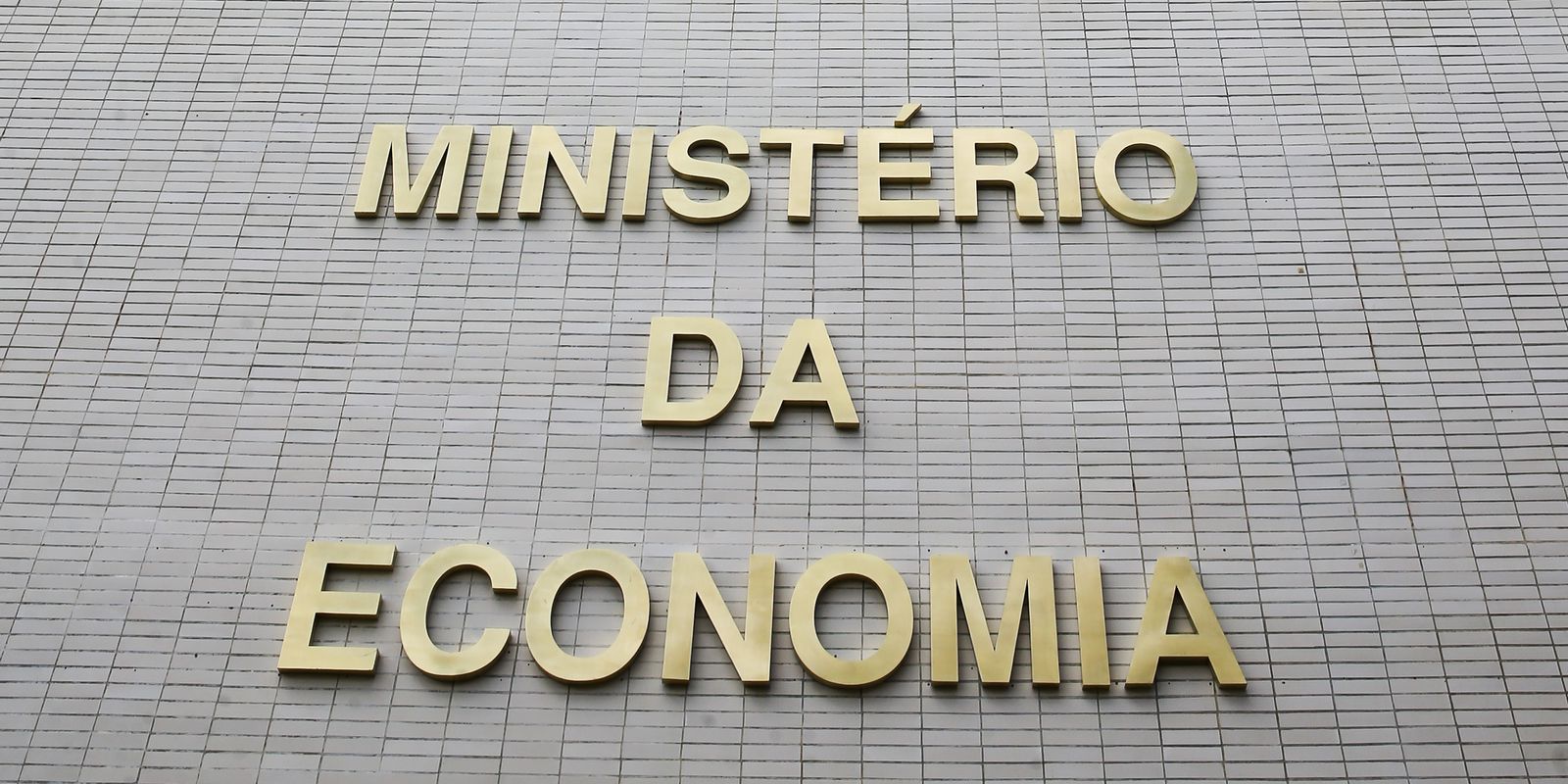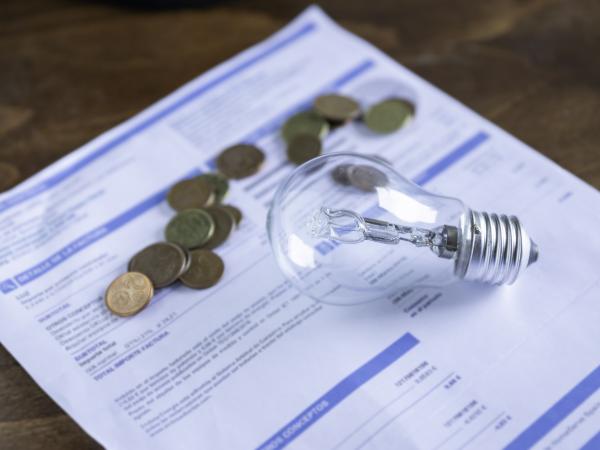Oil royalties and the payment of dividends by federal state-owned companies made the Ministry of Economy increase the projection of the primary surplus for 2022. The estimate of the positive result of the Central Government – National Treasury, Social Security and Central Bank – jumped from R$ 13.548 billion in September to R$ 23.361 billion in November.
The estimate appears in the Bimonthly Report of Evaluation of Revenues and Expenses, sent today (22) to the National Congress. The number is much higher than the estimate contained in the General Budget of the Union for 2022, which points to a primary deficit of R$ 76.3 billion.
According to the Ministry of Economy, the estimate is conservative. In a presentation distributed to the press, the portfolio admitted the possibility of the Central Government ending the year with a primary surplus of R$ 38.7 billion.
The primary surplus represents the saving of resources to pay interest on the public debt. Since 2014, the Central Government has registered a primary deficit year after year. From September to November, the improvement in the result is mainly due to the growth in revenues.
Even with the exemptions granted on fuels and industrialized products, gross revenue forecasts jumped R$ 10.832 billion in relation to the previous report, released in September. By discounting transfers to states and municipalities, which will drop R$271.9 million in relation to the previous report, the estimated net revenue rose by R$11.104 billion.
Revenue growth stemmed from additional inflows of resources. The projection of income from taxes administered by the Federal Revenue fell by R$ 3.55 billion, reflecting the slowdown of the economy in the second half. However, the estimate for non-managed revenues rose by R$10.059 billion compared to September, mainly due to the rise in international oil prices (+R$3.465 billion) and the payment of record dividends by Petrobras (+6.266 billion).
Regarding expenditures, the projection for primary expenditures in 2022 rose by R$1.29 billion, and should close the year at R$1.832 trillion. The estimate for mandatory spending rose to BRL 1.679 trillion, a figure BRL 2.136 billion higher than projected in September. By accounting only for the primary result, the forecast for discretionary (non-mandatory) expenditures by the Executive Branch was reduced by R$ 845.7 million, to R$ 152.39 billion.
O final contingency (blocking) was at a higher value, at R$ 5.7 billion, because of the need to meet the federal spending cap. The withholding of funds was necessary to cover BRL 2.348 billion in Social Security benefits and BRL 3.862 billion related to the decision of the Federal Supreme Court (STF), which overturned the provisional measure that postponed the transfer of aid to the cultural sector of Aldir Blanc Act.
Field of Mars
The primary surplus forecast will only not be greater because of the agreement that extinguished the debt of around R$ 24 billion of the city of São Paulo with the Union in exchange for the extinction of the lawsuit that questions the control of Campo de Marte airport, in the capital of São Paulo. Were it not for the agreement, the Central Government would have a primary surplus of R$47.3 billion this year. In the most optimistic projection, the positive result would reach BRL 62.7 billion if the issue had not been resolved.
The estimate for the primary result, informed the Ministry of Economy, incorporates the approval of the constitutional amendment that increases social benefits and creates aid for taxi drivers and truck drivers. The changes have an impact of BRL 41.25 billion by the end of the year, but these expenses were not affected by the contingency because they are outside the spending ceiling.
The projection also includes exemptions of R$ 71.56 billion that came into effect in 2022. Since the beginning of the year, the government has granted several exemptions to stimulate the economy. The measures with the greatest impact are the 35% reduction in the Tax on Industrialized Products (IPI), which will make the Union stop collecting R$ 23.6 billion this year. In second place, comes the exemption on fuels, with an impact of R$ 16.51 billion on government revenues.
total blocks
At the end of March, the government had contingency BRL 1.722 billion in rapporteur amendments?? In May, the economic team initially announced a blockade of BRL 8.239 billion, but the value was later reduced to BRL 6.965 billion??
In July, the government made a new blockade of BRL 6.739 billion?? In September there was a additional contingency of BRL 2.635 billion??
Every two months, the Ministry of Economy releases the Revenue and Expenditure Assessment Report, a document that guides the execution of the Budget. Based on forecasts of economic growth, inflation and the behavior of revenues and expenditures, the economic team determines the necessary block to meet the primary deficit targets (negative result of government accounts without public debt interest) and the spending ceiling.















